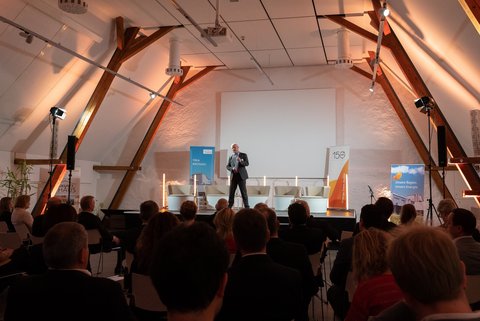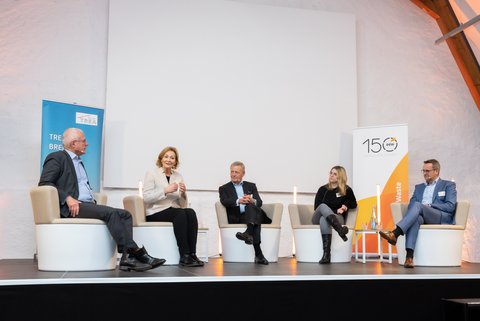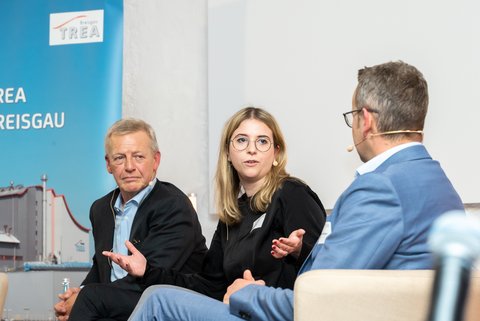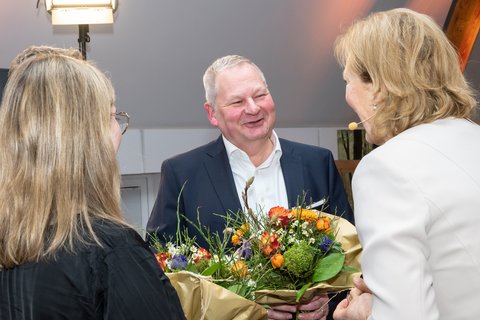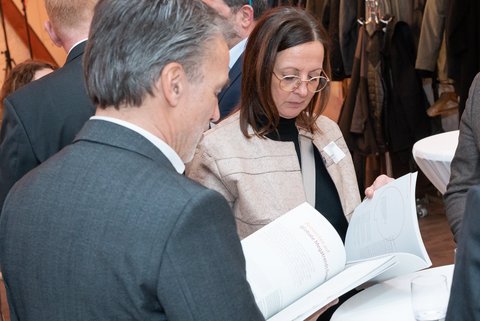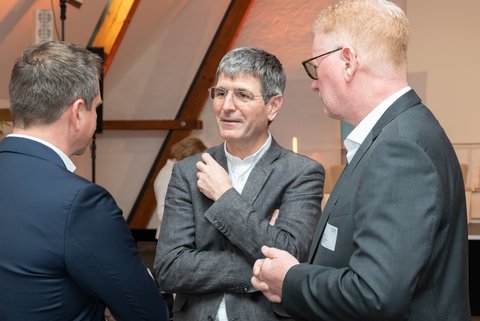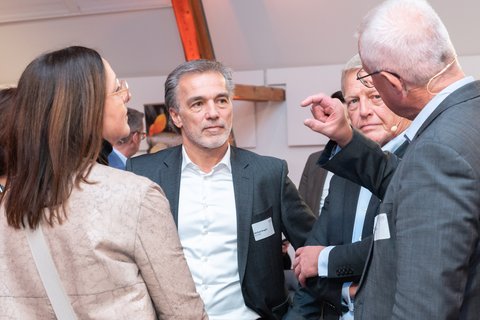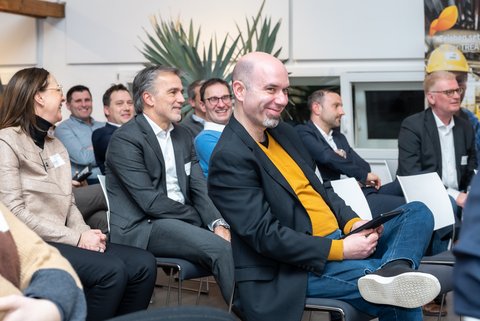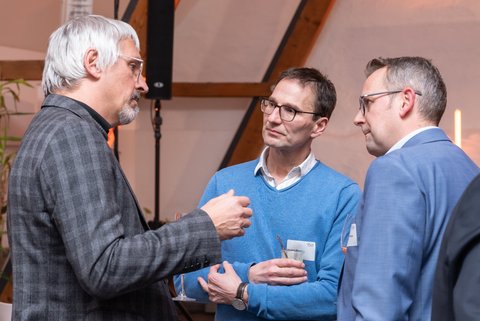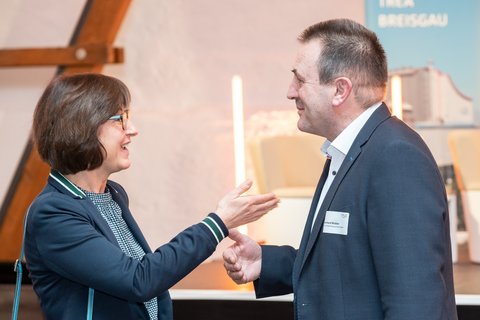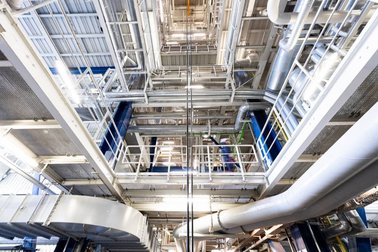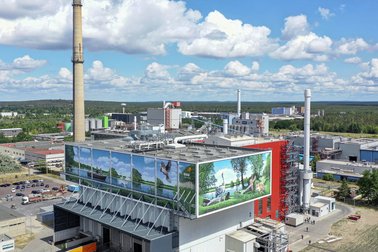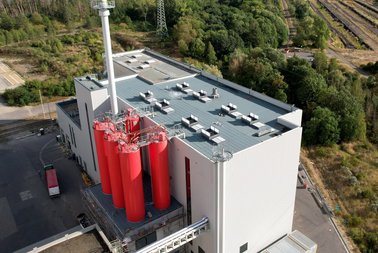Ushering in a new era: the energy and heat transition - South Baden Sustainability Day
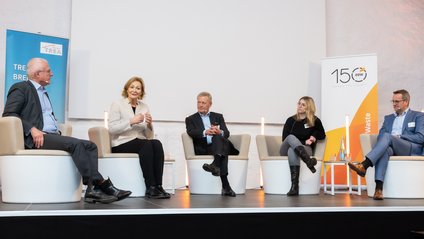
Discussion about the energy supply
Since the outbreak of war in Ukraine, there has been intensified focus on Germany’s energy supply. This has also meant that energy from waste has become even more important. In recognition of this, TREA Breisgau hosted the first South Baden Sustainability Day. Peter Kurth, President of the Federation of the German Waste, Water and Raw Materials Management Industry (BDE), served as moderator. He was joined by Bundestag member Chantal Kopf (B90/The Greens), Prof. Barbara Koch (Director of the Upper Rhine Cluster for Sustainability Research), Heinz-Werner Hölscher (Badenova management board member) and Bernard M. Kemper (CEO EEW) to discuss the circular economy’s contribution to future energy supplies.
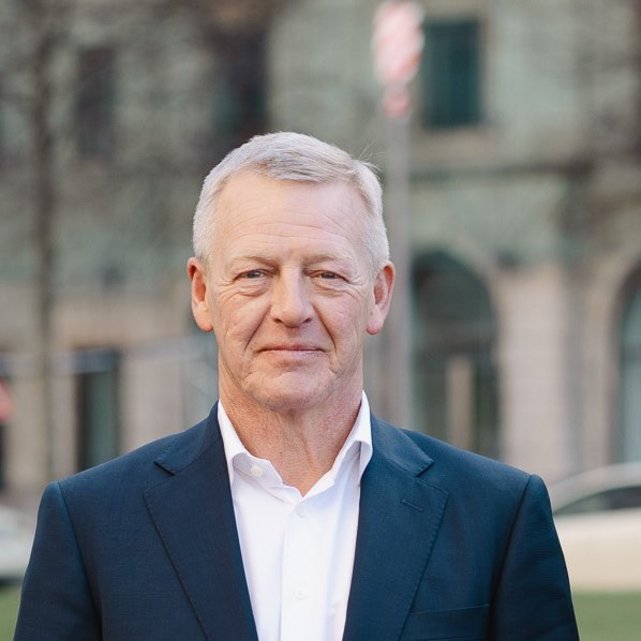
EEW Group’s thermal waste utilisation plants, such as TREA Breisgau, use the energy contained in waste that cannot be sent to landfill or recycled, in order to produce process steam, district heating and electricity for industry and households.
No energy transition without heat
In Germany, heat accounts for more than half of final energy consumption. “District heating networks are an important building block to efficiently provide sustainable heat to urban areas,” said Uwe Jolas, Technical Managing Director at the TREA Breisgau plant. But these networks must have climate-friendly energy inputs. “One green source of heat for the future is waste: It is local, readily available and there is sophisticated technology to recover it,” Uwe Jolas added. Today, nearly 5.7 million households in Germany are supplied with local and district heating and countless companies also benefit from this heat supply. Nevertheless, the share of renewable energy in production is only around 12% and fossil fuels still dominate. Uwe Jolas concluded: “To achieve a successful energy transition, we must address heating.”
Creating a legal framework
Thermal waste treatment is an essential component of the circular economy, which also produces CO2. However, this CO2 can be captured and stored or used as a raw material. “With a pilot plant for CO2 capture at our site in Delfzijl, in the Netherlands, we want to create the foundation for this,” said EEW CEO Bernard M. Kemper. In Germany, there is still a lack of legislation regulating CO2 transport, recovery and storage, he added. “If Germany wants to be climate neutral by 2045, the legal framework must be adapted to this goal as quickly as possible,” warned Bernard M. Kemper at the first South Baden Sustainability Day.
